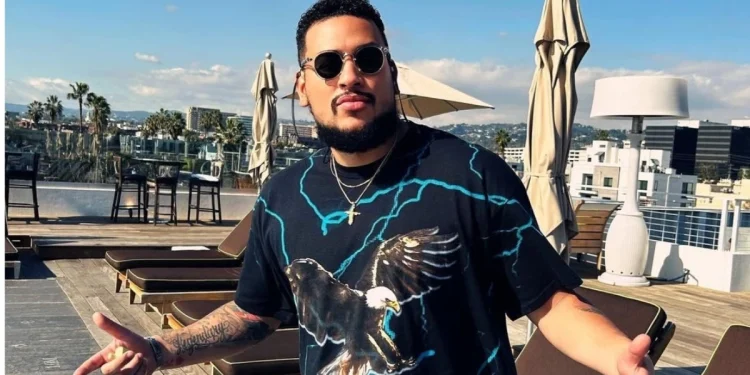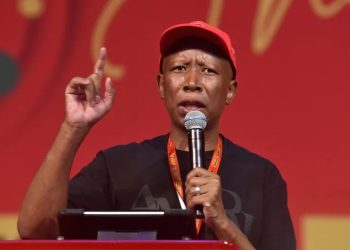The late rapper Kiernan “AKA” Forbes has re-entered South Africa’s national conversation following President Cyril Ramaphosa’s high-profile meeting with former US President Donald Trump. Social media users have been sharing the slain musician’s past political commentary, with many now viewing his tweets as remarkably prescient on issues of national identity and international perceptions of South Africa.
The renewed focus on AKA’s social media legacy comes as Ramaphosa engaged Trump in discussions about bilateral relations and addressed controversial claims of “white genocide” – a disputed narrative about systemic violence against white farmers that has circulated in certain Western media and political circles. These allegations, which researchers and the South African government have repeatedly debunked, have historically strained diplomatic relations and complicated debates around land reform.
AKA, known for his unfiltered takes on South African politics before his 2023 assassination, had frequently challenged foreign misrepresentations of the country’s complex social dynamics. His archived tweets criticizing oversimplified narratives about racial violence and land issues have gained fresh relevance as South Africa works to correct international misconceptions.
The timing of this social media phenomenon highlights how cultural figures continue to shape political discourse even after their passing. As analysts parse the outcomes of the Ramaphosa-Trump meeting, AKA’s words serve as a reminder of the gap between South Africa’s nuanced realities and how they’re often portrayed abroad. The rapper’s enduring digital presence underscores the ongoing need for authentic South African voices in global conversations about the nation’s future.
This organic revival of AKA’s commentary demonstrates how art and politics remain deeply intertwined in South Africa’s public sphere, with cultural leaders often providing perspectives that resonate long after official diplomatic exchanges conclude.






















